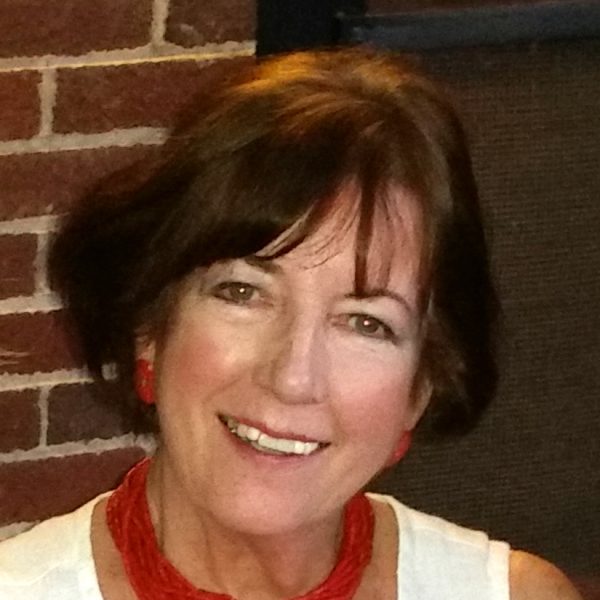Advertisement
Remembering The Hope Of My Fellow Immigrants

COMMENTARY
The near demonization of immigrants in this recent election swept me back to the fall of 1992, nearly a quarter century ago, when I stood with 379 other immigrants in Faneuil Hall waiting to be sworn in as a U.S. citizen. As a Canadian, though, I was as far removed from all that “huddled masses” and “yearning to breathe free” sentiment as anyone could be. I was simply someone who paid taxes in two countries, couldn’t vote in either and — spurred on by a dislike for the Reagan-Bush doctrines — wanted to vote.
Standing on my left had been a young Cambodian whose citizenship certificate bore the name Alexander.
“In honor of Alexander Graham Bell,” he explained, shyly. “I thought it will be an auspicious name to begin a new life.”
On my right was Dikh, an older man who, with his son had fled Vietnam, leaving behind his wife and two daughters. With citizenship, he hoped to reunite his family.
Between the processing of our papers and the swearing-in, we had a long time to talk. You might wonder what two Asian refugees and an affluent Canadian had in common and, certainly, our life paths had been different.
Unlike Dikh, a former Saigon police chief who’d escaped with 70 others in a 30-foot boat, reaching Malaysia after 12 days (most without water), I had arrived first-class on Delta. Unlike young Mr. Alexander, I hadn’t languished in a Thai refugee camp, praying for the papers that would free me from a life that had never known a day without war or fear.
I had, however, spent four years in Calcutta, where in addition to my life as a memsahib, I’d learned Bengali, worked in Mother Teresa’s orphanage and taught journalism. I’d also lived in France and England and travelled in Europe and South-East Asia and I had been in Saigon on assignment as a journalist just two weeks before the city fell to the Viet Cong. Maybe that comfort with a wider world was why they felt free to talk with me, or maybe they sensed I wanted to hear their stories. And I never rule out the instinctive connection made by those who know what it means to feel like an outsider. We recognize each other.
Advertisement
Citizenship was their holy grail, the answer to their prayers.
Whatever the reason, they talked about their loneliness and isolation after they’d arrived, about the 80-hour work weeks for less than minimum wage, about the assumptions that since their English was poor they could not be men of education or intelligence. They told me about the full-time jobs they finally got, while attending community colleges at night, and how fatigue sometimes made it difficult to study. Dikh’s voice caught with emotion as he mentioned the colleges, including Yale, to which his honor-roll son was applying – “only possible with scholarship, of course,” he’d explained with quiet pride.
I was touched by his emotion although I didn’t share it. Mine was a decision of the head, not the heart. And yet, the more we shuffled forward, the more I understood how much that actual swearing in was going to mean to Dikh and Mr. Alexander, and to many others who had survived unspeakable hardships to reach this moment. Citizenship was their holy grail, the answer to their prayers.
First Dikh raised his right hand and swore to uphold the Constitution, then Mr. Alexander. As they turned, beaming proudly, their eyes shone with tears. Then it was my turn and I found myself suddenly filled with deep and unexpected emotion. But my tears of happiness were for Mr. Alexander and the future he would create. They were for Dikh and the family he would finally reunite, and for all the others who had longed for, and finally found, a new life.
I didn’t need the opportunities this country offered to its immigrants. I had them in the country of my birth, but that didn’t mean I took that oath of citizenship lightly. Since then, I have voted in every election — city, state or national. I’ll bet that Dikh and Mr. Alexander have done the same.
I haven’t seen them since the day we became citizens but I’ve been thinking of them a lot in recent months. Did they hope, as I did, on November 9th that voices of reason and responsibility would somehow prevail? Do they feel uneasy as the list of who will lead us grows? Do they recall those long-ago tears of joy and remember how we felt as we warmly shook hands and wished each other well on the steps of Faneuil Hall? I know I do.
